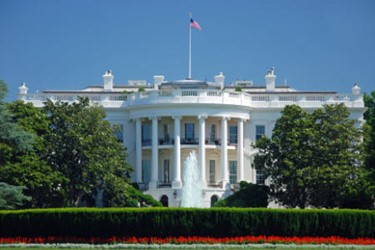Newark's Lead Contamination Prompts State And Federal Commitments


A recent lead contamination crisis affecting the drinking water supply in New Jersey has garnered the attention of state lawmakers. And now even some of the country’s highest authorities have pledged to address it.
Last month, the U.S. EPA sent a letter to officials in Newark, NJ, indicating that its efforts to mitigate ongoing lead contamination in residents’ drinking water were not working — prompting the city to provide bottled water as it worked toward a more permanent fix. This has led New Jersey’s legislators to examine how the problem, caused by outdated drinking water infrastructure that leeches lead into the supply as it is carried from treatment plants to homes, might be impacting the state at large.
“A state panel gathered … to investigate if New Jersey’s water quality law should be strengthened,” according to News 12. “[The] Community and Urban Affairs Committee heard about the oversight of the 287 public water systems statewide in a meeting… The committee says that it will suggest adjustments to the 2017 law. Officials say that with an estimated 300,000 lead service lines statewide, a lot is at stake.”
Lead contamination in drinking water has been traced to acute health effects for consumers, including adversity to brain development in children. A 2015 lead contamination crisis in Flint, MI, brought the issue to the forefront of the public’s attention.
So it may be no surprise that, in addition to the New Jersey regulators, President Trump’s administration appears poised to intervene in Newark.
“I will commit to doing anything that we possibly can do to alleviate the problem there, and if that involves a specific person or a dozen specific people, we will do what is necessary,” Housing and Urban Development (HUD) Secretary Ben Carson said when asked if HUD would assign a liaison to work with Newark as it did with Flint, according to NJ.com.
This followed U.S. Senate legislation that was passed to help Newark deal with the problem.
“The Senate … passed legislation sponsored by [U.S. Sen. Robert] Menendez and U.S. Sen. Cory Booker, D-N.J., to let the state transfer up to $100 million from their federal clean water fund to help replace the lead pipes that have contaminated Newark’s drinking water,” per NJ.com. “Those funds can be used to help fund the city’s $132 million project to replace the water lines.”
To read more about how drinking water utilities maintain buried infrastructure, visit Water Online’s Asset Management Solutions Center.
